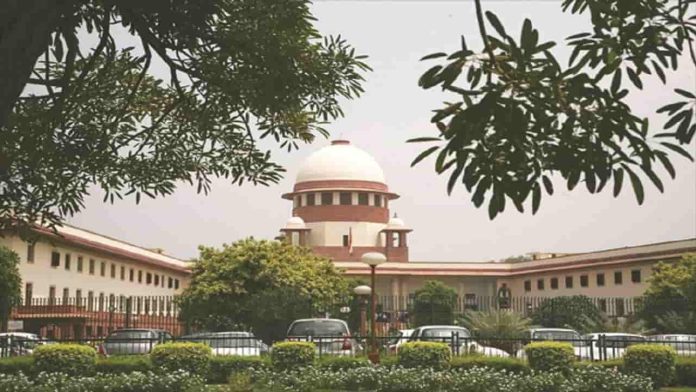The Supreme Court held that lodging juveniles in adult prisons amounted to deprivation of their personal liberty.
A bench comprising of Justice Surya Kant and Justice JB Pardiwala said that the personal liberty is one of the oldest concepts to “be purported by national courts.”
The judgement said “The notion that is accepted today is that liberty encompasses these rights and privileges which have long been recognized as being essential to the orderly pursuit of happiness by a free man and not merely freedom from bodily restraint.
The bench observed that one of the reasons for an accused to not raise a claim of juvenility, is due to the bottlenecks in the system.
“The bitter truth is that even the legal aid programmes are mired in systemic bottlenecks and often it is only at a considerably belated stage of the proceeding that the person becomes aware of the rights, including the right to be differently treated on the ground of juvenility.”
These observations were made by the court top court while hearing a plea by a murder convict undergoing life imprisonment. The convict contended that he was 14 years old at the time of commission of offence and sought directions to the State of Uttar Pradesh (UP) for verification of his exact age.
The conviction of the petitioner was upheld by the Supreme Court in 2016, but he had not raised the issue of juvenility at the time. The petitioner later underwent an age determination test, which too did not confirm his juvenility.
The top court, while hearing the issue, observed that once a child is caught in the web of adult criminal justice system, it is difficult for him to get out of it unscathed.
The Supreme Court in its order said that awareness about the rights of the child and correlated duties remain low among the functionaries of the juvenile justice system.
The bench also held that word from someone does not hold any importance, till it is substantiated with a documentary proof
“It is the documentary evidence placed on record that plays a major role in determining the age of a juvenile in conflict of law,” the Court said.
The two-judge bench, considering the case, have directed the petitioner for an ossification test or any other latest medical age determination test.
The Court also directed the Sessions Court, Agra to examine the claim of the petitioner’s juvenility within one month.


